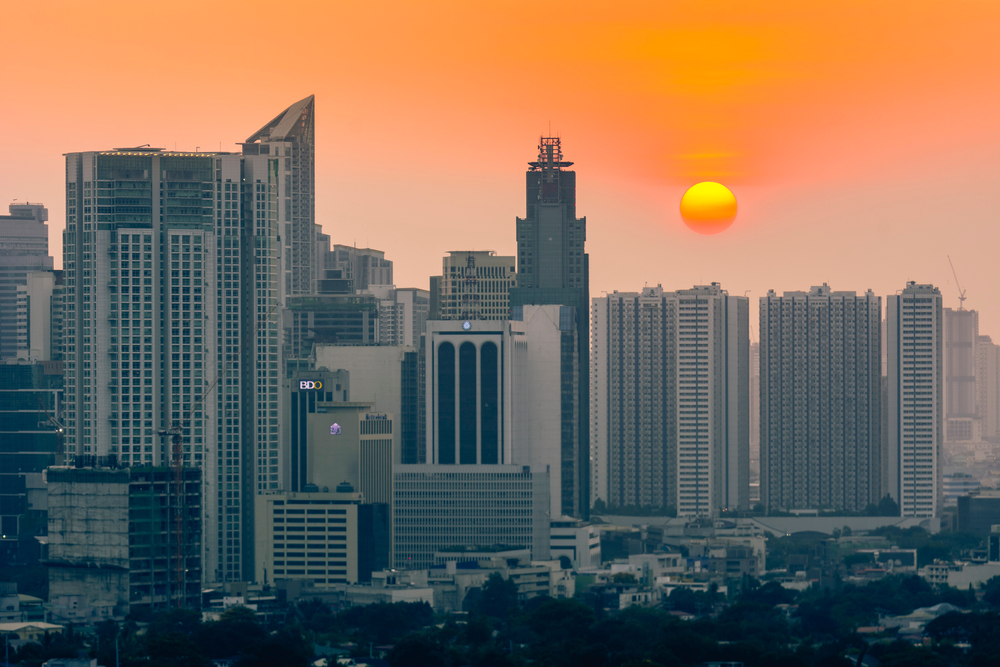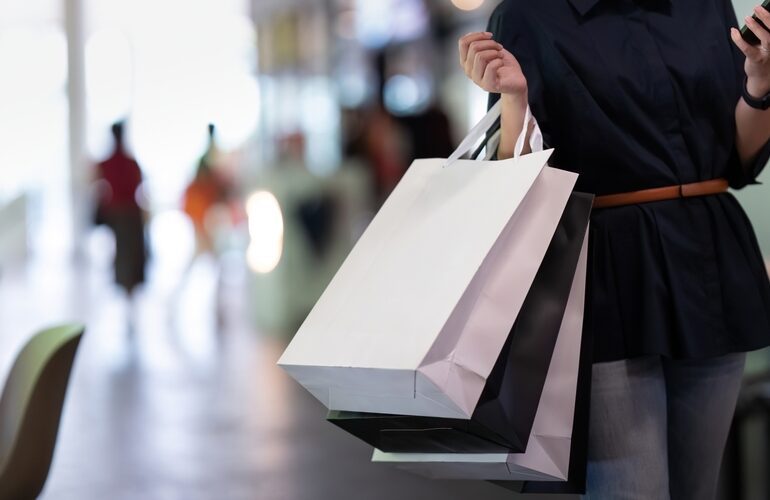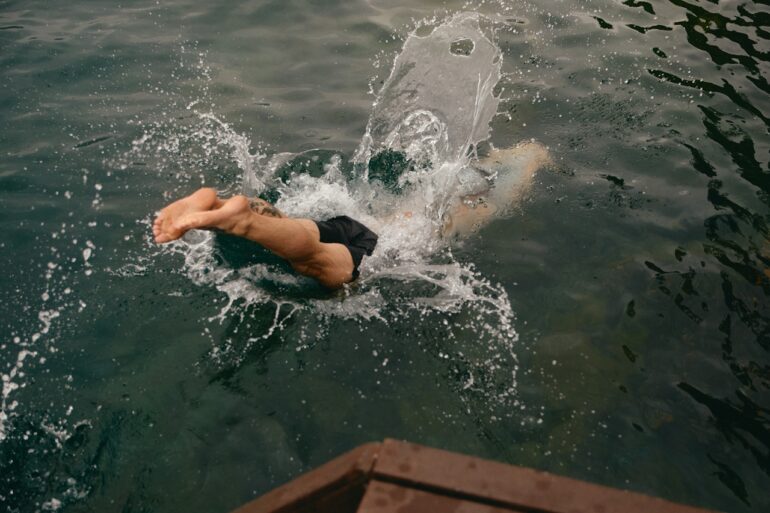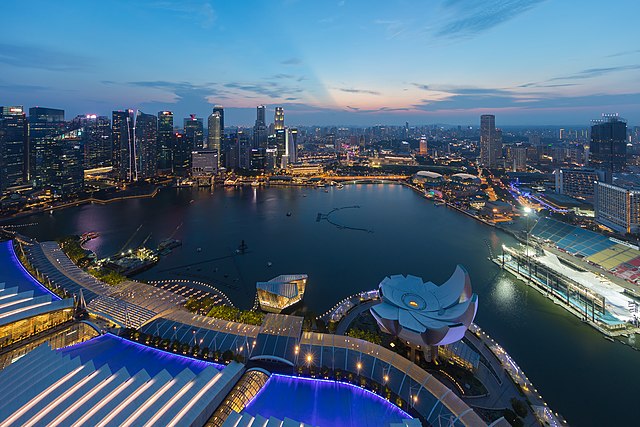A controversial safety index ignites debate over travel risk metrics, national image, and the real state of tourism security.
A recent travel safety index by HelloSafe, a financial comparison platform specializing in insurance and other financial products like credit and investments, has stirred controversy. The Department of Tourism (DOT) and industry leaders are disputing the report’s findings that ranked the country as the “least safe on the planet.”
It’s not the first time the Philippine has ranked low in a safety index. Safety perceptions do hurt Philippine tourism as international reports in the past have ranked the country low in safety and rule of law—including the Global Peace Index, Numbeo’s Crime Index, and the World Economic Forum’s Travel & Tourism Competitiveness Report—often citing high crime perception, weak law enforcement, and regional instability.
Industry leaders, however, argue that these macro rankings fail to capture the everyday realities of key tourist destinations like Palawan, Bohol, Boracay, Siargao, or Cebu—places where safety protocols, tourism police, and community support systems are in place.
The timing couldn’t be worse as tourism numbers for 2025 are not as high as initially predicted. The DOT’s goal is to attract 8.4 million inbound visitors in 2025. In 2024, 5.95 million tourists arrived in the country, less than the DOT’s 7.7-million target.
Related story: The 10 most liveable cities in 2025
Related story: Cebu ranks third in NEWT Awards
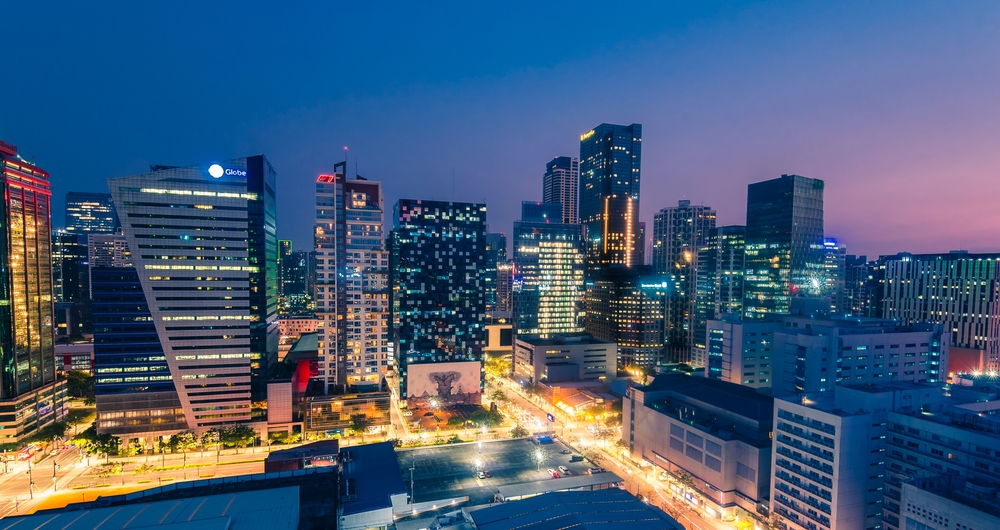


Tourism Secretary Christina Garcia Frasco slammed the authenticity of the “HelloSafe Safety Index 2025” by HelloSafe, which revealed that the Philippines “appears at the top of this ranking” of the world’s least safe cities. “What was presented as an objective safety index was, in fact, built on questionable data, lacking in transparency, and entirely disconnected from realities on the ground,” Frasco said in a statement published on her official Facebook page yesterday, June 19, 2025.
She added, “Moreover, a thorough examination of HelloSafe’s websites reveals a focus on driving travel insurance sales rather than ensuring accurate safety assessments as it clearly lacked full methodology disclosure or identifiable data sources, reusing the identical score (82.32) for different countries in just six days.”
The tourism chief also accused HelloSafe of negligence after it “simply removed the Philippines in the index narrative – without clarification or accountability.”
Secretary Frasco asserted the damage caused by the HelloSafe “safety index” has been done, interrupting the confidence already expressed by foreign travelers for the Philippines. “The impact of this false narrative is not abstract. It disrupted bookings and businesses. It cast doubt on our destinations. Worse, it harmed the livelihoods of millions of Filipinos who depend on tourism, and entire communities whose economies rise and fall with the confidence of travelers,” she asserted.



She also demanded HelloSafe to “correct all references to the erroneous data against the Philippines across its platforms and to ensure the accuracy and consistency of its reporting tools, including interactive visual assets.”
With such a directive from Secretary Frasco also came her assurance that relevant authorities, including the DOT and the police, are doing their best to ensure a safe, secure, and pleasurable stay for tourists in the Philippines.
“We fully recognize that the Philippines, like any country, has challenges. We do not deny that. The fact remains that extensive work is being done daily to address those challenges. Across our key and emerging destinations, safety is not taken for granted. It is upheld by trained police personnel, supported by strong partnerships with law enforcement agencies and local governments, and reinforced by the commitment of our tourism workers,” she wrote.
Related story: One visa, six Middle East countries: GCC approves Schengen-style tourist pass
Related story: New study ranks Vietnam, Taiwan and Thailand as Gen Z, Millennials’ top destinations
Tourism leaders rally behind the industry
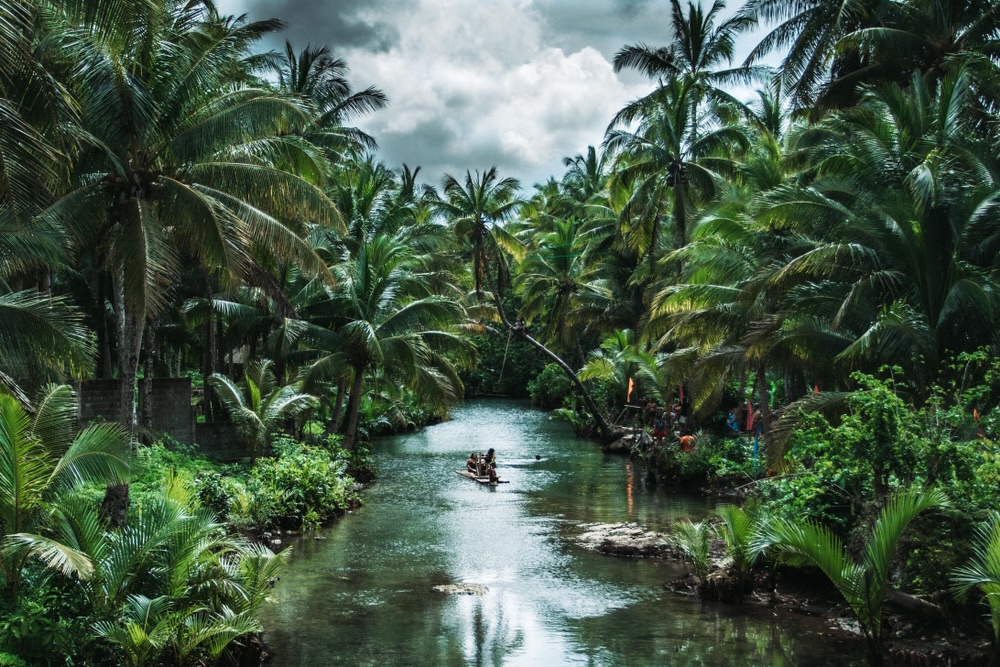


Philippine Hotel Owners Association (PHOA) President Arthur Lopez also condemned the “misleading” HelloSafe report that he said was “detrimental to the efforts of the tourism and hospitality industry.”
“We find the article misleading, unfair, and detrimental to the efforts of the tourism and hospitality industry. We remain fully committed to supporting the Department of Tourism’s mission to promote the Philippines as a safe, vibrant, and enjoyable destination for all and highlight the genuine hospitality, resilience, and professionalism of Filipino tourism workers,” he said.
Maria Paz Alberto, representing the Pacific Asia Travel Association (PATA) and the Philippine IATA Agents Travel Association (PIATA), said, “This unjust characterization not only misrepresents the realities of travel safety in the Philippines but also undermines the diligent efforts made by local stakeholders to promote tourism in the region. Such misleading narratives can deter prospective visitors, leading to profound and lasting repercussions for businesses reliant on inbound tourism,” reads the statement.
They also noted that the spread of false information “can have detrimental effects not only on reputation but also on economic sustainability.”
“We urge all entities involved in travel communication to adhere to responsible reporting practices, ensuring that potential visitors receive an accurate portrayal of the attractions and safety measures that the Philippines has to offer,” they appealed.
Meanwhile, PHILTOA president Arjun Shroff responded to Secretary Frasco’s statement, saying, “those who send a self-centered message must be, should be corrected.”
Philippine Travel Agencies Association (PTAA) president Mariegel Tankiang Manotoc also weighed in: “As an international platform, we trust that HelloSafe will take greater care in fact-checking to help ensure fair and balanced reporting. Tourism is an important part of the Philippine economy and supports many livelihoods. Inaccurate information can unintentionally impact ongoing efforts to rebuild and grow the sector.”

